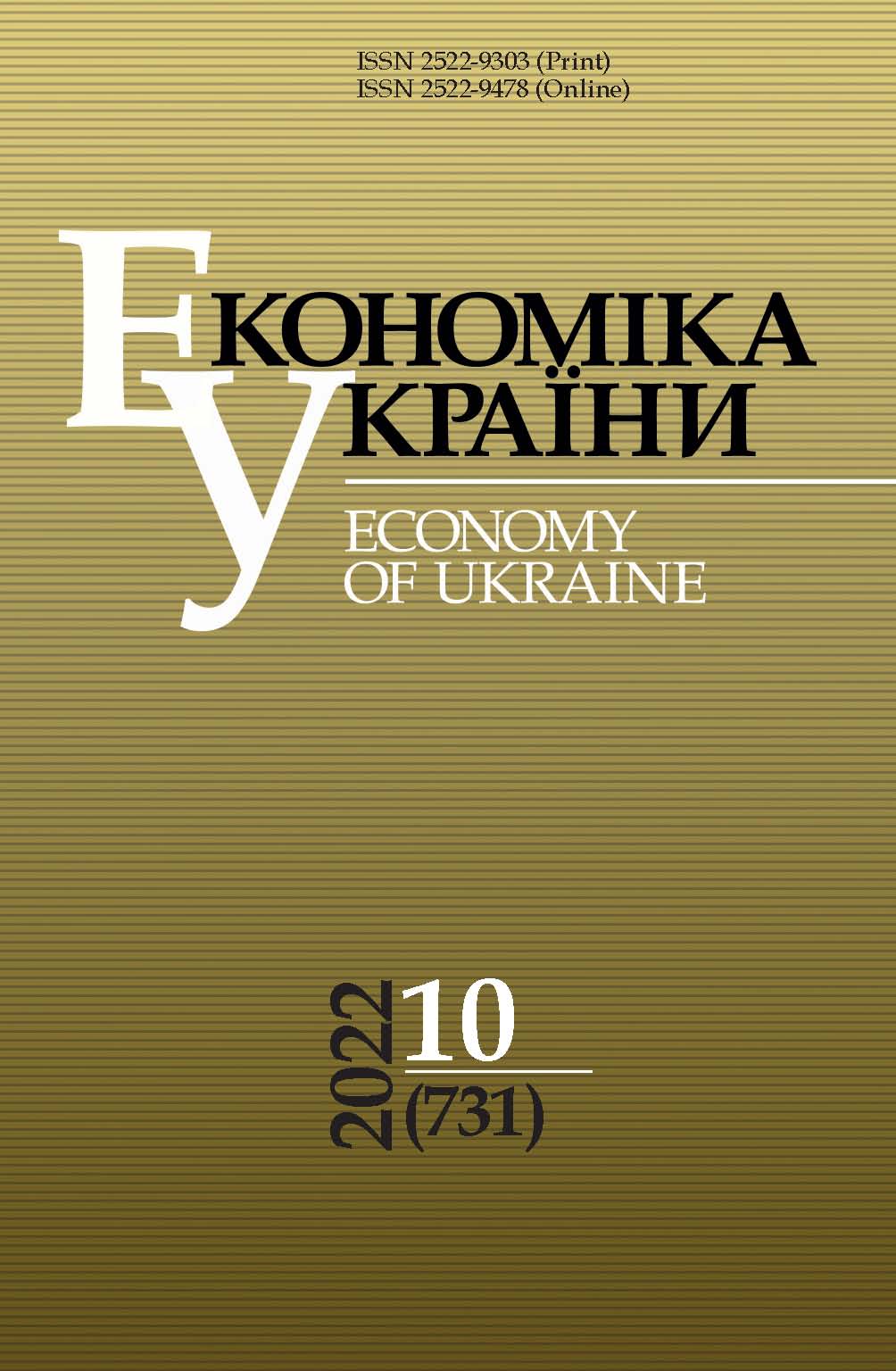PERCEPTION OF LIFE VALUES BY UKRAINIANS AND OTHER EUROPEANS IN THE CONTEXT OF UKRAINIAN REFUGEES’ INTEGRATION IN THE EU
DOI:
https://doi.org/10.15407/economyukr.2022.10.051Keywords:
values; refugees; integrationAbstract
It was established that in the process of Ukrainian refugees’ integration in the EU, there are frequent instances of insufficient mutual understanding between the participants of international communication. Typical examples of this are the contacts of refugees with the official services of host countries. Refugees are dissatisfied that unfamiliar bureaucratic regulations, complex procedures, and long waiting periods hinder quick and trouble-free resolution of issues. The officers of the services are also dissatisfied with the misunderstanding and uneasy acceptance of the prescribed rules by the refugees. Both parties are mutually dissatisfied with each other's behavior. This behavior seems incomprehensible and unjustified, although in fact it is quite normal for the other party. But the parties lack awareness of the cultural peculiarities of behavior existing in another country. Since human behavior is largely determined by values, the perception of basic life values importance by Ukrainians and residents of other EU countries was studied. Based on the combined data of World Values Survey and European Values Study for 2017-2020, a secondary analysis was conducted focusing on sociological indicators of the importance of six main components of life: family, friends and acquaintances, work, free time, religion and politics, for residents of eight European countries from different clusters of the Inglehart–Welzel world map of cross-cultural differences. It was determined that in the inter-country comparison, there are much more similarities than differences in most indicators. This is a favorable factor for establishing a good mutual understanding between the participants of international communication in the process of Ukrainian refugees’ integration in the EU. In order to improve mutual understanding, it is proposed to inform refugees more about the current rules of administrative services provision and to spread in the public space of host countries knowledge about the national peculiarities of behavior, specific cultural norms, traditions and customs of various European peoples.
References
Rushchenko I.P. The great exodus of the Ukrainian people (the phenomenon of displaced persons in 2022). Ukrainian Society, 2022, No. 2(81), pp. 155-168 [in Ukrainian].
doi.org/10.15407/socium2022.02.155
Ruchka A. Values and change in the value system with regard to Ukraine's recent history. Ukrainian society: monitoring of social changes. 30 years of independence, 2021, Vol. 8 (22), pp. 486-497 [in Ukrainian].
Akulenko L., Balakiryeva O., Volosevych I. et al. World Values Survey in Ukraine. Kyiv, 2020, available at: ucep.org.ua/wp-content/uploads/2020/11/WVS_UA_2020_report_WEB.pdf [in Ukrainian].
Inglehart R., Welzel Ch. Modernization, Cultural Change, and Democracy. The Human Development Sequence. M., 2011 [in Russian].
Downloads
Published
How to Cite
Issue
Section
License
Copyright (c) 2022 Institute for Economics and Forecasting of the NAS of Ukraine

This work is licensed under a Creative Commons Attribution-NonCommercial-NoDerivatives 4.0 International License.



